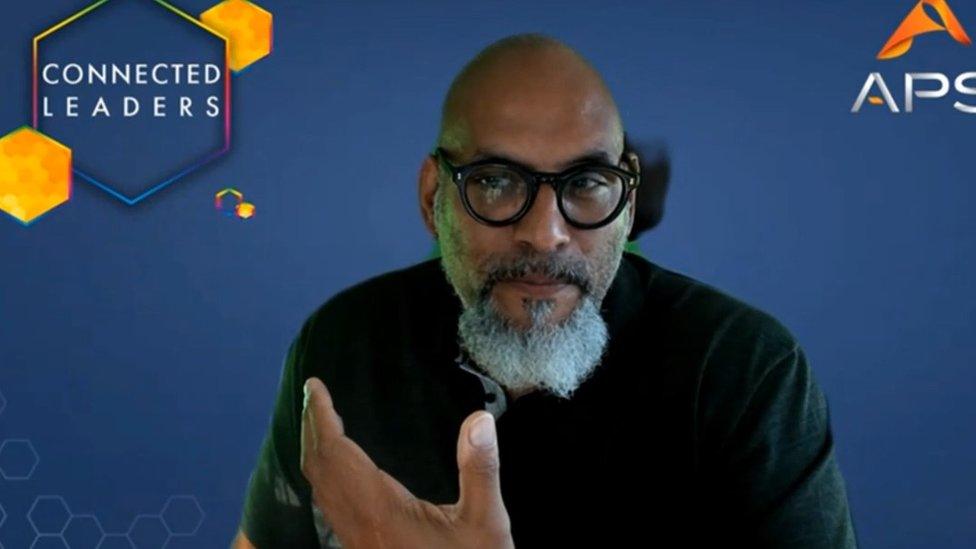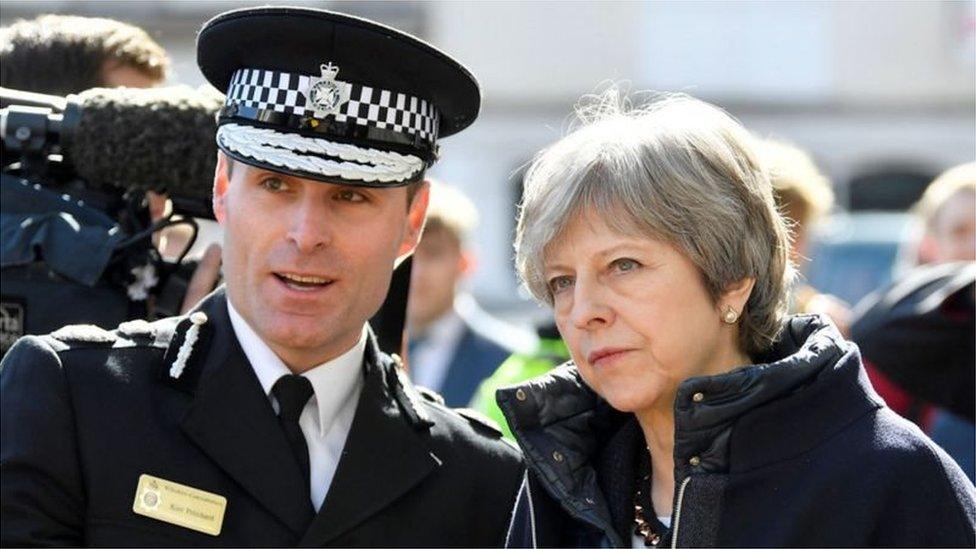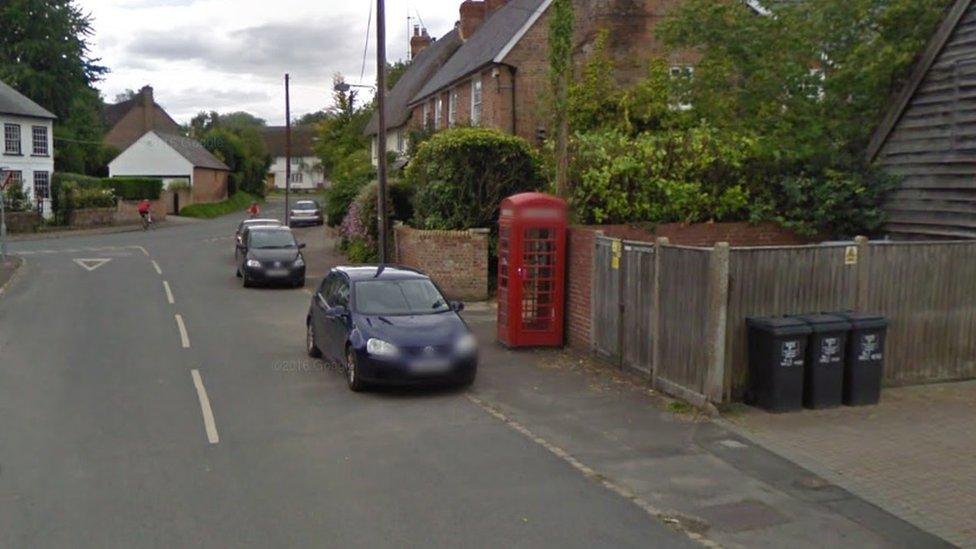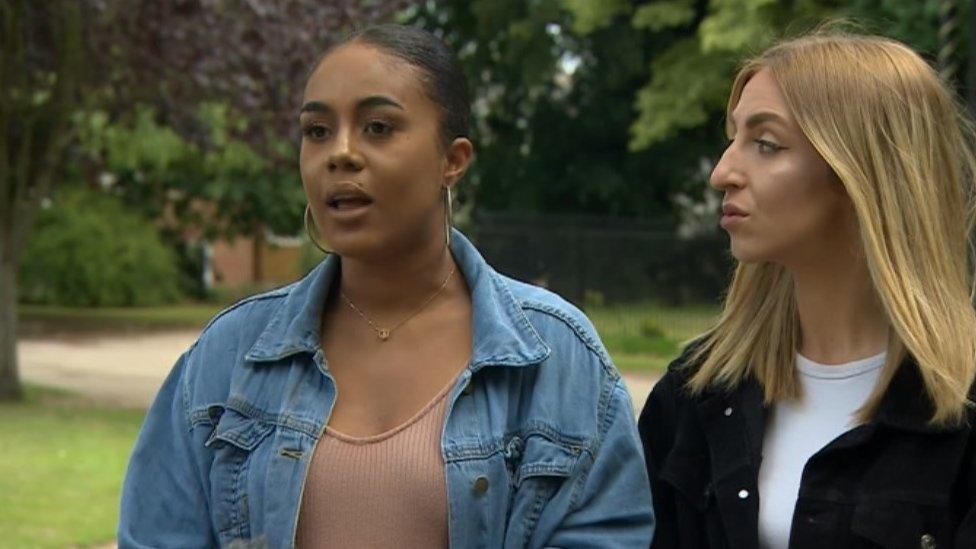Allies and leaders 'vital' to stop racism at work
- Published

John Amaechi is also a best-selling author and psychologist
Bosses and allies who speak up against racism are among the ways to improve culture at work, a debate has heard.
Wiltshire Council's online event to mark Black History Month included speeches by Wiltshire Police's Chief Constable Kier Pritchard.
Psychologist John Amaechi said a company's culture was defined by "the worst behaviour tolerated".
The former basketball player added leaders could also encourage staff to hold them to account.

Chief Constable Kier Pritchard formally took up the role in 2018
During Tuesday's debate which attracted more than 600 people, Mr Amaechi said: "In lots of organisations, they have lots of lovely words of what they stand for.
"Then you enter those organisations and you realise that the values are optional, the behaviours are optional.
"Allies are so important because we can challenge, we can let the world know that we can never miss an opportunity to let the world know where we stand on issues of importance."
Mr Amaechi said that a company could change by its leaders opening the channels so staff at all levels to could feedback more honestly even if it made them feel "uncomfortable".
Chief Constable of Wiltshire Police, Kier Pritchard, who oversaw the region's policing response to the Salisbury Novichok poisonings, added: "We must stand up and not rely solely upon others to make a stance alone."
He said: "It is not always comfortable to hear but the sharing helps to call out the issues and allows me to hear the truth surrounding parts of my culture and the culture of Wiltshire Police that still needs to shift."
Author Cherron Inko-Tariah MBE, the head of Embedding Culture Change for the Department of Education, Rob Neil, and the chief executive of Wiltshire Council, Terrence Herbert were also keynote speakers.
Ms Inko-Tariah added that if a company wanted to set up networks to help cultural change it needed planning and funding.
"This is about matters of the heart as well as the head and so it's about thinking through what problems they are fixing and what is it we need to make sure that the environment they are helping is done in an autonomous way, where we are listening and where we are open."
She added that the environment had to be ready and the message of support had to come from the top.
- Published16 October 2020

- Published22 July 2020
